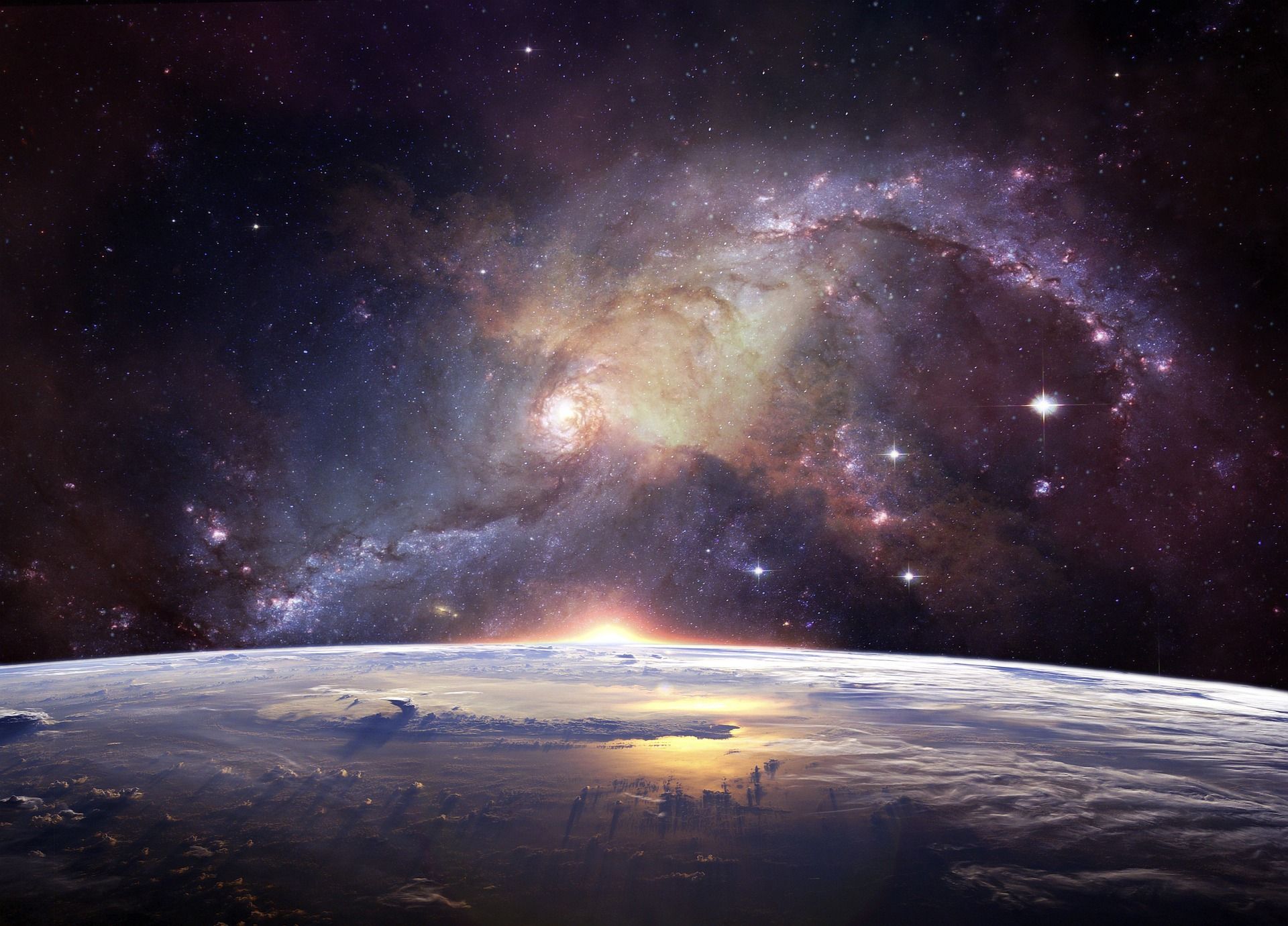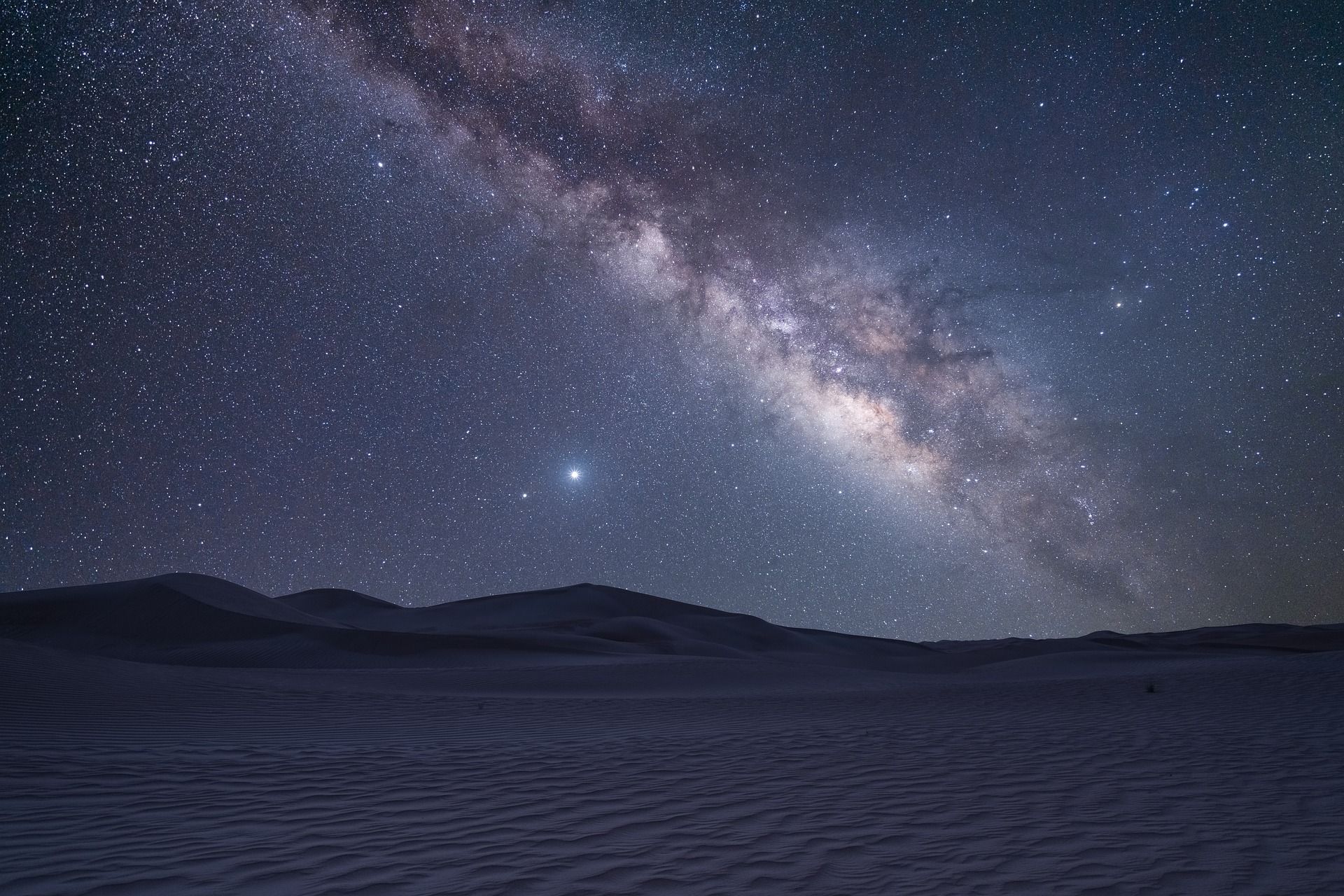The True Size Of Space
The Human mind can't compute the size of space. Yet the night sky opens up a whole new realm of possibilities to be explored.

The vastness of space is one of the most mind-boggling concepts for us as humans to comprehend. Our brains are not equipped to understand the enormity of space and the distances involved. Even our largest mountains and deepest oceans seem minuscule in comparison. Yet, every time we look up at the night sky, it opens up a whole new realm of possibilities that is yet to be explored.
The Distance Paradox
We often have a distorted view of space because of the way it is depicted in popular media. We see images of astronauts floating effortlessly through space and the moon appearing close enough to touch. However, the reality is quite different. The moon, for example, is not just a stone's throw away from us but is a staggering 363,300 km away. If we were to drive to the moon, it would take nine months of constant driving to get there!
And that's just our closest celestial neighbor. Our neighboring planet Mars, is 54.6 million kilometers away from us, a tiny speck in the night sky. The human mind simply cannot comprehend numbers and distances like this. Our solar system in its entirety is a whopping 11.8 billion kilometers in diameter. To put that into perspective it would take British Airways nearly 1,300 years to cross this distance (without strikes of course).

Even more incredible is the fact that our solar system is just a tiny speck in our home galaxy, the Milky Way. Our galaxy is home to approximately 100 billion stars, and there are an estimated 100 billion galaxies in the observable universe. That gives us a total star count of 1,000,000,000,000,000,000,000,000 – a truly staggering number. And that's not even including the trillions of planets, asteroids, black holes, and other astronomical mysteries that we are still yet to explore.
Human Space Exploration
Despite our best efforts, we have barely scratched the surface when it comes to exploring space. The Voyager 1 spacecraft, for example, has been in space for over 40 years and is the most distant human-made object. And yet, it has not even escaped the influence of our Sun. We have so much more to learn, discover, and solve when it comes to space.
The good news is that we are living in an exciting era of discovery when it comes to space exploration. With the growing interest in space, we are only at the beginning of what promises to be an incredible journey of discovery. The development of new technologies, such as the SpaceX reusable rockets and NASA's James Webb Space Telescope, will enable us to explore more of space and gain a better understanding of the universe.

As we continue to explore space, we are likely to discover more mysteries and wonders that we never even knew existed. We may find new planets and even new forms of life. And who knows, we may one day be able to travel to other star systems and explore even further into the unknown depths of the universe.
The enormity of space is truly mind-boggling, and our understanding of it is just scratching the surface. As we continue to push the boundaries of space exploration, we can look forward to a future of incredible discoveries and new horizons.